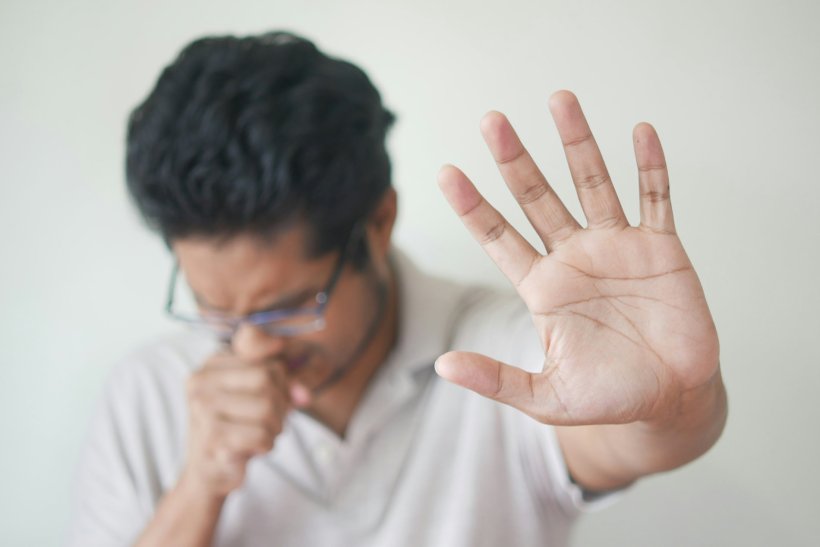
Image source: Unsplash/Towfiqu barbhuiya
News • The psychology of illness
Why being sick makes us less empathetic
Researchers at the University Alliance Ruhr have discovered new insights into how acute illness affects empathy. Their study confirms complex relationships between physical well-being and empathy.
When people are ill, they feel less empathy for others than when they are healthy. This has been confirmed by a study conducted by Ruhr University Bochum and the University of Duisburg-Essen, Germany. The researchers investigated "sickness behavior", a process in which the body reorganizes its biological priorities in the context of an acute infection. So far, it has mainly been researched in connection with social withdrawal and feelings of social disconnection. But how does illness affect our empathy? The current study sheds new light on the links between infections with inflammation in the body and the ability to empathize with the pain of others. The team from Bochum and Essen, which is cooperating as part of the University Alliance Ruhr, published its findings in the journal "Brain, Behavior, and Immunity".
The results of the study indicate that inflammation – as in the case of physical infections, for instance – affects both our physical health and our interpersonal relationships
Manfred Schedlowski
Experimentally, the various facets of sickness behavior can be induced by the administration of bacterial endotoxin, in short LPS for lipopolysaccharide. The researchers from Bochum and Essen made use of this mechanism. They administered a low dose of LPS or – as a placebo – an injection with physiological saline to 52 voluntary female participants. The women were then asked to rate various social interactions. They were shown pictures of women who were either in somatic or psychological pain or in an emotionally neutral interaction with a male counterpart. "The results surprised us," explains first author Vera Flasbeck from the LWL-University Hospital Bochum. "While the empathy for somatic pain was largely the same in the LPS and placebo group, there was a significant reduction in empathy for psychological pain in the test subjects exposed to LPS." In the study, acute inflammation thus led to a reduction in people's empathy for the psychological pain of others.
"We assume that the reduced empathy serves to save energy in terms of social engagement in periods of illness," explains Prof. Dr. Martin Brüne from the LWL-University Hospital Bochum, who supervised the study together with Professors Manfred Schedlowski and Harald Engler from the Institute of Medical Psychology and Behavioral Immunobiology at the Faculty of Medicine of the University of Duisburg-Essen. "The results of the study indicate that inflammation – as in the case of physical infections, for instance – affects both our physical health and our interpersonal relationships." Schedlowski adds that the topic may have general interest, especially considering the recent Covid-19 pandemic: "The results may have socio-political relevance. For example, how does a general feeling of illness affect decision-making, for example in relation to political decisions?"
And another aspect has sparked the research interest of the cross-university team. Previous studies have shown that individuals with infectious diseases are avoided by members of the social group, but are sometimes also cared for. "This behavior presumably depends on the degree of the relationship," say Brüne and Schedlowski. "Accordingly, it would be highly interesting to carve out in future studies the differences in empathy for psychological and somatic pain in relation to attachment and familiarity."
Source: Ruhr University Bochum
11.05.2024






